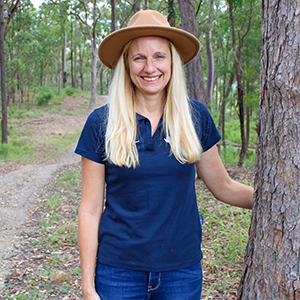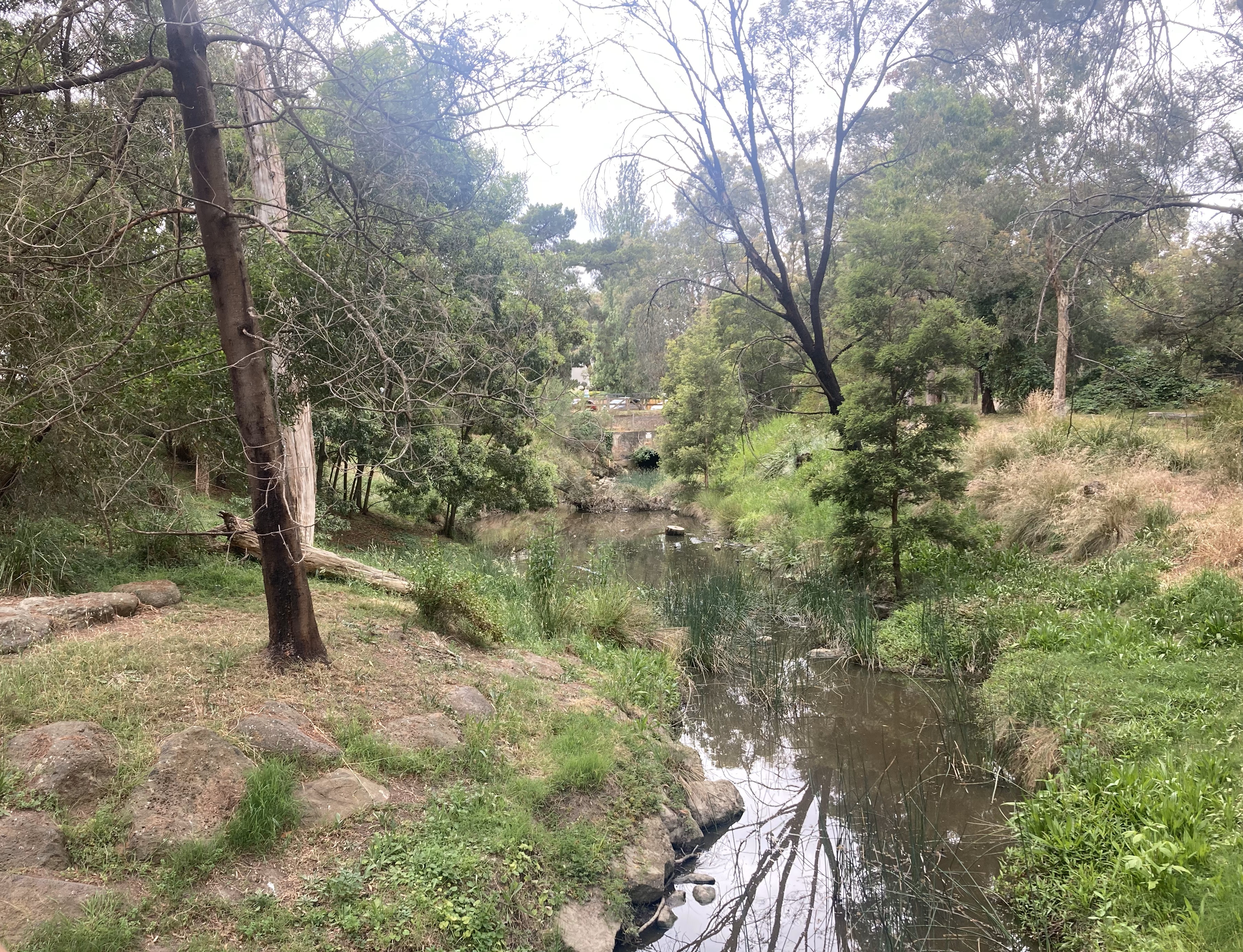Twelve employers, along with a former inmate now working as a union carpentry representative, met with 78 incarcerated men Oct. 4 at the Queensboro Correctional Facility in New York City.
It was the first time employers have gone inside a New York State Department of Corrections and Community Supervision prison to conduct interviews and make job offers; the event was another building block of the ILR School’s Criminal Justice and Employment Initiative. Since December 2017, the ILR program has been training hundreds of employers and incarcerated people, upstate and downstate, to overcome job barriers such as inaccurate criminal records that often thwart post-prison employment.
The two sides of ILR’s training efforts came together Oct. 4 when employers came face to face with potential hires to forge connections that will help companies fill positions in a tight labor market with people nearing parole who know that a job will be an essential foundation of a successful post-incarceration life.
Esta Bigler ’70, director of the ILR program, said the job fair represents a milestone for her group’s longtime efforts to bring together workers, unions and employers.
Having a job is “one of the most important things for success,” Bigler told the men. “I want to see you in the community; that is important to me.”
Rubén Colón, at the job fair to seek carpentry workers, was in the same Queens facility where he finished the last two years of a six-year prison sentence for a drug offense 25 years ago.
Colón, now 56, had worried about landing a job as he transitioned out of Queensboro, even with a two-year liberal arts degree he had earned while in prison. But, for a few hours in the gym of the minimum-security prison, Colón and other recruiters offered hope as they interviewed dozens of job seekers, wearing state-issued “greens” and donated white dress shirts and ties.
Manuel Peña’s resume stood out for Colón.
“He’s got the skills,” said Colón, a council representative for the New York City & Vicinity District Council of Carpenters. “It’s great to see a program where they literally bring the jobs to you.”
For Peña, a 41-year-old father of three from the Bronx, networking for a job as he finishes a three-year sentence for drug possession meant meeting recruiters willing to give him a shot, despite his criminal record. Peña’s flooring experience is something Colón was recruiting for, and he was eager to get Peña working by the time he is released next July.
“My goal is to get to my family and to get a good job,” Peña said. “I’m so excited to get back to my life.”
Peña was one of dozens of men who filtered in and out of the gym during the three-hour job fair. Michelle’ Yon, deputy superintendent of programs at Queensboro, said the “energy is different here because they have hope.”
Chauncey Parker, executive assistant district attorney with the Manhattan District Attorney’s Office, said part of his office’s job is preparing inmates to return to society.
“If we put people in prison, we have an equal responsibility to make sure we rehabilitate them,” he said. “For the employers here, I don’t know what can be more important than giving people a second chance.”
New York state, Parker said, has invested $7.3 million over the next five years for educational programming and re-entry services at 17 prisons statewide. This includes connecting people with participating colleges to help them earn degrees while serving time.
State Sen. Zellnor Myrie, J.D. ’16, D-20th Dist., recounted how he taught at Auburn Correctional Facility as a Cornell Law School student volunteering through the Cornell Prison Education Program.
“[The job fair is] a step toward investing in you,” he said. “Rehabilitation starts right here, while you are here.”
Peter Ortiz is a freelance writer for the ILR School.









